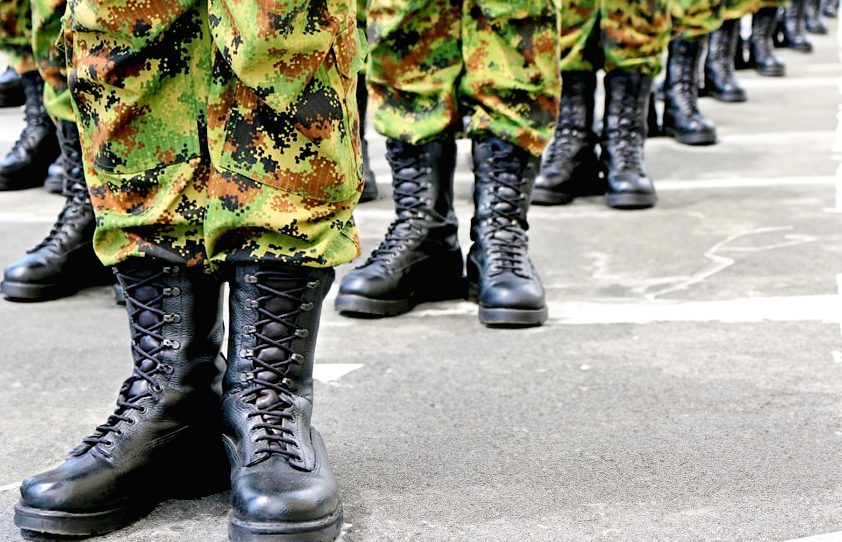Documents reveal that the mentoring costs for serious young offenders selected for the government’s military-style academies could reach $100,000 per teenager. The Oranga Tamariki-run pilot program, targeting 10 boys aged 15-18, is set to commence at the end of this month. However, details about the boot camps and the teenagers’ reintegration into the community remain sparse.
RNZ has obtained documents distributed to organizations interested in providing the intensive mentoring service, which is a crucial part of the 12-month program. This program includes a three-month residential phase followed by a nine-month community phase. The pilot’s estimated cost is $5.1 million, with two potential funding models for the mentoring service.
The first option involves a fixed, all-inclusive fee of $100,000 per young person. This fee covers various costs, including staffing, travel, overheads, on-costs such as KiwiSaver and ACC, and any additional expenses incurred by the chosen provider. The second option allows for variable costs proposed by the provider, consisting of an hourly rate for mentors, capped monthly hours, on-costs, a percentage margin for overheads, and foreseeable travel expenses.
Mentors are expected to be on board by August 12, with a one-to-one ratio between mentors and each teenager and their whānau. According to the documents, mentors are envisioned as “continuous relationship holders” for each teenager and their family, equipped to “intensively support reintegration back into the community and achievement of goals and commitments.” The goal is to “remove ambiguity and unknowns” for the teens after leaving the academy.
Mentors must meet several criteria, including being suitably qualified and experienced youth workers, professional mentors, or coaches. Qualifications can range from a New Zealand Certificate in Youth Work (Level 3 or 4), a New Zealand Diploma in Youth Work (Level 6), or a Bachelor of Youth Development, or an equivalent qualification in a Māori context. They should also be skilled in working with high-risk young people with offending behavior, available during high-risk times outside standard business hours, comfortable engaging with whānau, and knowledgeable about family dynamics, complexity, and trauma.
The mentors must provide therapeutic support, helping teenagers resolve emotional, behavioral, and psychological issues, and facilitating self-awareness, self-expression, and personal growth. They must be responsive to all core aspects of identity, including culture, ethnicity, gender identity, and expression, sexual orientation, any cognitive or physical disability, migrant experience, and religious or spiritual beliefs. Providers should have experience working with youth, offering existing programs and support, and may have existing contracts such as Supported Bail.
During the pilot, mentors must be available for specific actions, including traveling to the residence location as needed, playing a crucial role in the transition and reducing the risk of reoffending. If reoffending occurs, the service continues with the mentor supporting the teenager to get back on track. Mentors are also expected to participate in local multi-disciplinary teams (MDT), share information, and be the ‘face’ of the response to emerging needs and risks. They must attend Transition Hui and liaise with the Academy Transition Lead during the residential component.
The mentoring service includes reporting requirements such as contact and non-contact hours and quarterly reports on activities and progress towards the teen’s goals. Mentors must identify any barriers the teenagers face and outcomes achieved.
Organizations that have applied to provide the intensive mentoring service will be notified of their success on July 25.
-TIN Bureau


